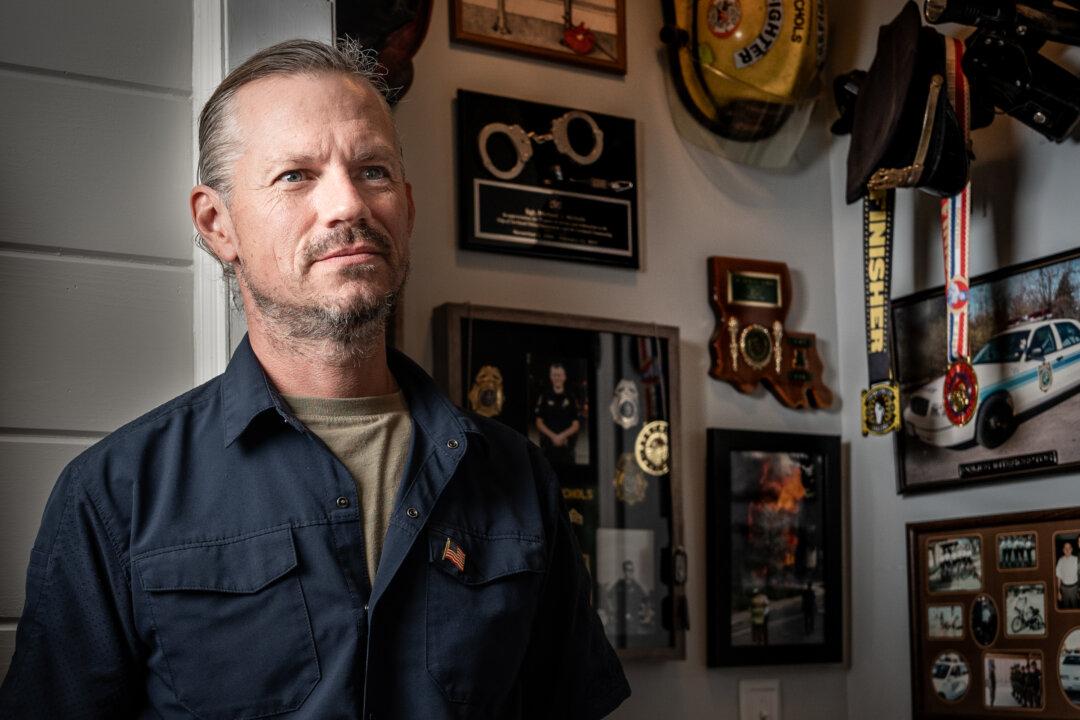“I can help.”
Amid the bedlam of 10,000 voices chanting, singing, and shouting on the east terrace of the U.S. Capitol on Jan. 6, 2021, those three words cut through the haze like a lighthouse beam.

“I can help.”
Amid the bedlam of 10,000 voices chanting, singing, and shouting on the east terrace of the U.S. Capitol on Jan. 6, 2021, those three words cut through the haze like a lighthouse beam.